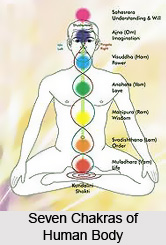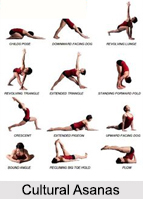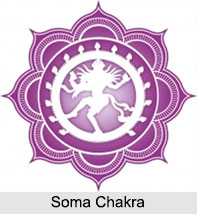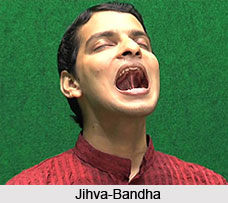 The duhkha anusayi dvesah sutra denotes the ultimate condition of human behaviour, when starts to loathe oneself, and feels worthless in the world. A craving for what has been lost or has already passed leads one to angst, misery, agony, dejection, detestation and finally lunacy. However, a sharp person can cleverly differentiate between the states of dukkha and sukha.
The duhkha anusayi dvesah sutra denotes the ultimate condition of human behaviour, when starts to loathe oneself, and feels worthless in the world. A craving for what has been lost or has already passed leads one to angst, misery, agony, dejection, detestation and finally lunacy. However, a sharp person can cleverly differentiate between the states of dukkha and sukha.
Duhka unpleasantness, sorrow, grief, unhappiness, pain,
distress, agony
anusayt followed by, close connection, subsequent
dvesah aversion, hate, dislike, abhorrence, distaste
Unhappiness leads to hatred.
Pain, sorrow and misery spark off a chain of hate or loathing. Recalling lost pleasures, excruciated by desires unfulfilled, man is driven towards sorrow. In utmost anguish he comes to hate himself, his family, neighbours and surroundings, and feels a sense of worthlessness.
A discriminating person endeavours to acquire knowledge, so that he may strike a balance between sukha and duhkha and live at the mercy of neither pleasure nor pain.



